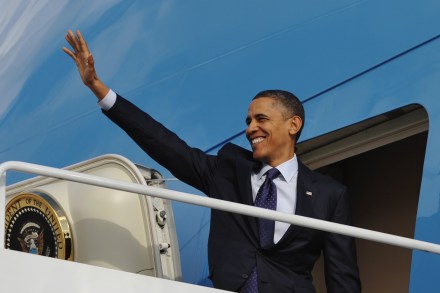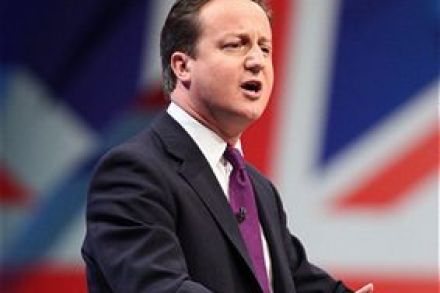Motorman returns
Guido Fawkes has caused a stir this morning by releasing a section of the Operation Motorman files, naming those News International journalists thought to have paid for private information. But so far, Guido’s splash tells us little that we didn’t already know: he has lots of information, but has only released the names of News International journalists. Back in July, Peter Oborne wrote a cover piece on the extent of all this for The Spectator entitled ‘What the papers won’t say’, in which he said: ‘The truth is that very few newspapers can declare themselves entirely innocent of buying illegal information from private detectives. A 2006 report by the












